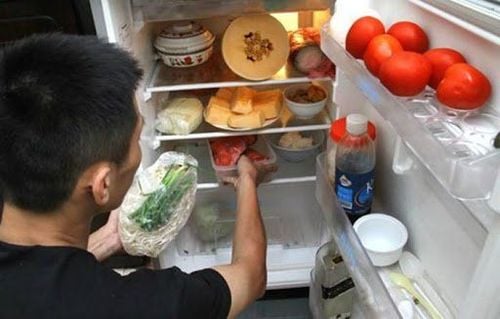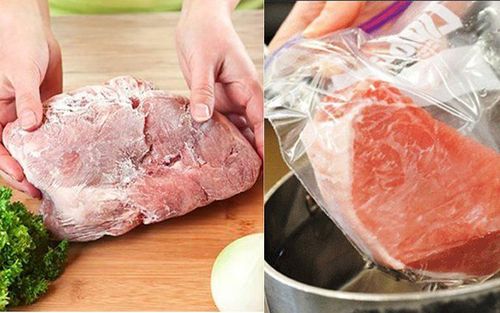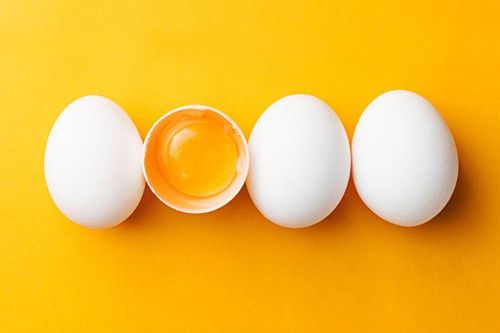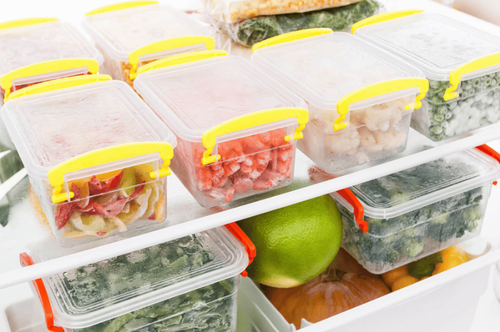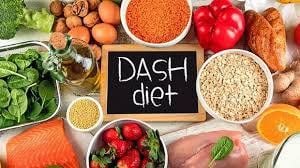This is an automatically translated article.
Some foods need to be kept in the refrigerator to help slow down the growth of bacteria, keeping them fresh for longer. However, not everyone knows how to properly store or freeze food. Each type of food has different requirements when freezing.1. What foods should be kept in the refrigerator?
These are products labeled “use within the day” and “store in cold,” such as milk, meat, and prepared meals. Once cooked you can cool leftovers (within 2 hours), store them in the refrigerator and consume within 2 days. Do not store food in a metal container in the refrigerator because the food may have a metallic smell. You should store food according to the instructions for use or put food in a food container and cover the food before placing it in the refrigerator.2. Refrigerator maintenance
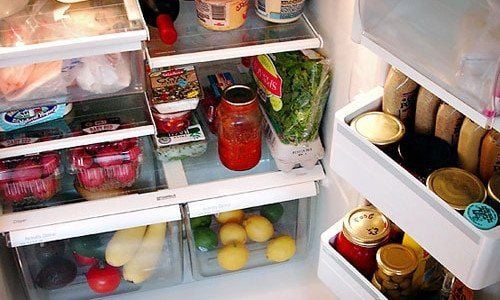
Bạn nên giữ nhiệt độ tủ lạnh của bạn ở 5C hoặc thấp hơn
If your refrigerator has a digital temperature design with a display, you can check the accuracy of the temperature inside the refrigerator by reading the readings on the meter. Cleaning and inspecting your refrigerator regularly will ensure that your refrigerator is hygienic and in good working order.
3. Be aware of food expiration dates
Although the refrigerator helps prolong the life of food, however, no food can be preserved forever.If a food has the phrase "use by date" on it, it needs to be used soon. Food can go stale, deteriorate or become dangerous if consumed past this date. Food can look fresh and smell good even after the "use by" date on the package, but that doesn't mean it's safe to eat. It can still contain pathogens that make you sick. food poisoning
The phrase "best before date" is for foods with a longer shelf life the best.
4. Preserving scientific and safe foods
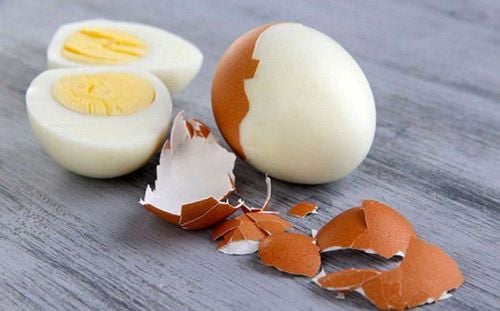
Một quả trứng luộc có thể trữ trong ngăn mát tủ lạnh trong vòng một vài ngày
4.1 Freezing Eggs Eggs can also be frozen. There are 2 ways to freeze eggs:
Break the eggs and separate the yolks and whites, then pour into a plastic container or food bag before placing in the freezer. This freezing method is very convenient for baking. Crack eggs into a plastic container and whisk them before placing in the freezer – this freezing method is great for omelets and scrambled eggs. A hard-boiled egg can be stored in the refrigerator for a few days. Hard-boiled eggs can also be frozen.
4.2 Storing Meat and Poultry Meat should be safely stored in the freezer to prevent bacterial growth and avoid food poisoning. Place meat and poultry in airtight containers in the top shelf of the refrigerator. Follow any directions for use on the product label and do not consume foods that have passed their use-by date. Do not store raw food in the same area as cooked food and ready-to-eat foods in general. 4.3 How to defrost meat and fish Meat and fish are safe to store frozen as long as you:
Thaw meat and fish thoroughly before cooking – when you defrost, a lot of liquid will come out. So put the meat in a bowl to prevent bacteria in the liquid from transferring to other foods. Meat and fish should be defrosted in the microwave if you plan to cook it right away. If you do not need to cook immediately, you should defrost in the refrigerator compartment so that the food does not lose nutrients due to the sudden temperature change. Use these foods within 24 hours of defrosting. You can freeze meat for a long time in the freezer and it's still safe to eat, but the quality of the meat will degrade so it's best to eat it within 3 to 6 months. 4.4 Use of leftovers
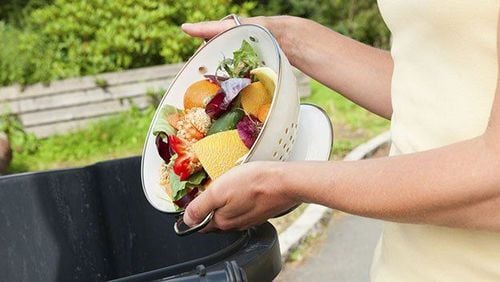
Đừng vứt đồ ăn thừa của bạn đi - chúng có thể là bữa trưa rất tuyệt của bạn ngày mai!
Leftovers are cooled as quickly as possible, ideally within 2 hours. Divide leftovers into small portions, then refrigerate or freeze. Use leftovers in the fridge within 2 days When reheating food, make sure food is reheated until it reaches 70°C in 2 minutes. Always defrost frozen leftovers by placing them in the refrigerator or in the microwave. Food should be defrosted by reheating or refrigerating only once, as the more you cool and reheat the food Eaten many times, the risk of food poisoning will be high. Cooked and frozen foods, when removed from the freezer, should be reheated and eaten within 24 hours of completely defrosting. Food stored in the freezer, such as ice cream and frozen desserts, should not be reheated.
Please dial HOTLINE for more information or register for an appointment HERE. Download MyVinmec app to make appointments faster and to manage your bookings easily.




